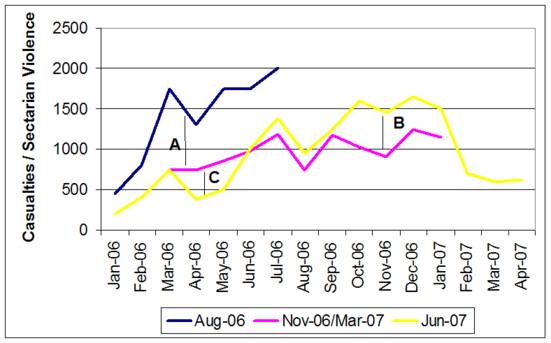Ezra Klein, in a post about Matt Bai’s book The Argument,
disagrees with the basic premise of the book – that Democrats need “big
ideas”:
As a reporter, I focus on policy ideas. And
damn it, I’m drowning. Bai seems to think Democrats need a health care plan,
but I could show him no fewer than 20 fully-realized plans…same goes for
pension planning, trade adjustment plans…
Ezra, I think, is mistaking “good plans” for “big ideas.”
They are not the same thing, and that’s precisely the problem we’re facing. We
do have a lot of great policy plans that will make a tangible difference in
people’s lives. What we don’t have, however, is a narrative, a vision, a
framework, a thread, a worldview, even - let’s say it - an ideology (in the non-pejorative sense).
In other words, let’s take Ezra’s set of recommended policies:
“universal health care,” “pension planning,” and “trade adjustment plans.” I
don’t know about you, but this doesn’t exactly constitute a call-to-arms. What
is needed, then, is a way to take these three components, and to meld them together
into a story. What is our story? The second question, which relates to foreign
policy but which is just as important, is what story do we want to tell the
rest of the world? The two questions are interrelated and herein lies a
challenge, how do we take two narratives – one on domestic policy and one on
foreign policy – and meld them into a broader, overarching narrative, a story not only about
who we are, but who we wish to be. In this, we have failed.

